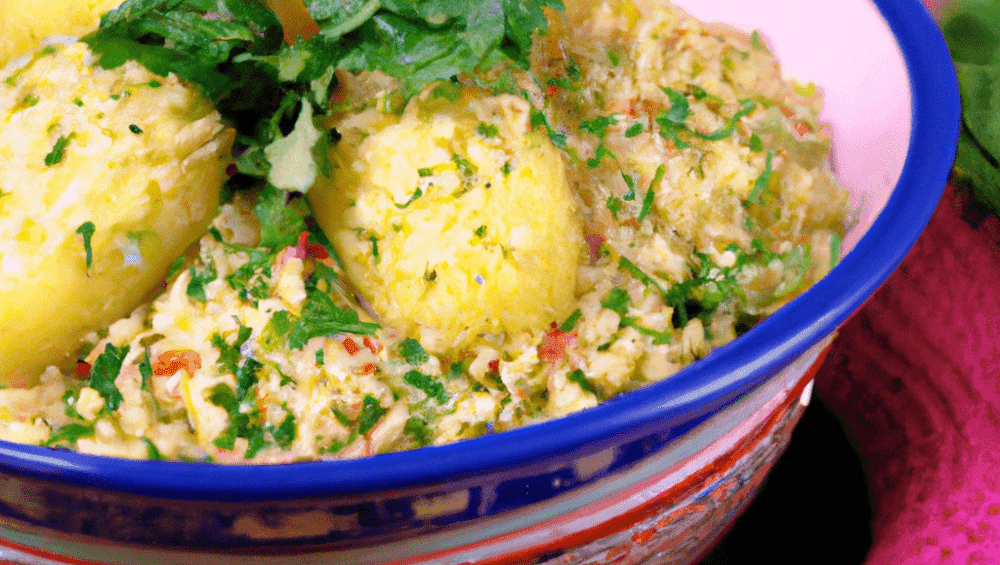# Egyptian Cuisine: A Culinary Journey for Travelers
When travelers think of Egypt, the first images that often come to mind are the majestic pyramids, the serene Nile, and the rich history that echoes through its ancient temples. However, beneath the surface of this timeless land lies a vibrant tapestry of flavors that plays a crucial role in the Egyptian experience—its cuisine. For travel agents and tour operators looking to provide their clients with unique selling points, promoting culinary tourism in Egypt can open a treasure trove of opportunities. Join us as we explore the richness of Egyptian cuisine and how it can be marketed to enhance your travel offerings.
## A Flavorful Introduction to Egyptian Cuisine
Egyptian cuisine is a reflection of the country’s diverse history, influenced by various cultures and civilizations over thousands of years. From the spices of ancient trade routes to the agricultural bounty of the Nile, the food tells a story that is both captivating and delicious. Traditional dishes like koshari, falafel, and molokhia are not just meals; they are experiences steeped in tradition and communal gathering.
### What Makes Egyptian Cuisine Unique?
One of the key aspects that sets Egyptian cuisine apart is its combination of flavors and ingredients. It merges Middle Eastern, Mediterranean, and African influences, creating a distinctive culinary landscape. Egyptian meals are often characterized by the use of fresh herbs, legumes, grains, and a wide variety of spices, making them both hearty and healthy.
For travelers, this means embarking on a culinary journey that caters to a variety of tastes. From the street vendors serving delicious shawarma to high-end restaurants offering gourmet twists on traditional dishes, there is something for every palate.
### How Can Travel Agents Market Culinary Tourism in Egypt?
Culinary tourism is an increasingly popular trend among travelers seeking authentic experiences. To effectively market Egyptian cuisine, travel agents can create tailored food-focused itineraries that allow visitors to immerse themselves in local culinary traditions. Here are a few strategies:
1. **Food Tours**: Organizing guided food tours through bustling markets, local eateries, and farms can provide travelers with firsthand experiences of Egyptian culinary culture. Highlighting the stories behind each dish and its ingredients can further enhance the experience.
2. **Cooking Classes**: Partnering with local chefs to offer cooking classes is an excellent way for travelers to not only learn how to prepare traditional dishes but also understand the cultural significance of each ingredient.
3. **Dining Experiences**: Promote unique dining experiences, such as meals at local family homes or themed restaurants that showcase regional specialties. This can create lasting memories for travelers and allow them to connect with the local community.
### What Are Some Must-Try Dishes for Tourists?
When promoting Egyptian cuisine, it’s essential to highlight a few iconic dishes that travelers simply cannot miss. Here are some must-try options:
– **Koshari**: Often considered the national dish, koshari is a hearty blend of rice, lentils, pasta, and topped with a spicy tomato sauce and fried onions. It’s a vegetarian delight that showcases the essence of Egyptian comfort food.
– **Fatta**: Fatta is a celebratory dish made from layers of rice, bread, and stewed meat, typically served with a garlic and vinegar sauce. This dish is often prepared during festive occasions and showcases the communal aspect of Egyptian dining.
– **Molokhia**: This green soup made from jute leaves is a staple in many Egyptian households. Often served with rice or bread and meat, it offers a unique flavor profile that travelers will find fascinating.
### How Can Culinary Experiences Enrich Travel to Egypt?
Engaging with local cuisine can significantly enrich a traveler’s experience, creating deeper connections with the culture and people of Egypt. Food has an incredible ability to bridge gaps between cultures, fostering understanding and appreciation. By highlighting culinary experiences, travelers not only savor delightful dishes but also gain insights into Egyptian hospitality, traditions, and history.
### What Role Does Food Play in Egyptian Culture?
In Egypt, food is more than just sustenance; it is a significant part of social life and cultural identity. Meals are often communal, bringing families and friends together. Traditional celebrations, such as Ramadan, are also centered around food, showcasing the importance of sharing and hospitality. By understanding the role of food in Egyptian culture, travelers can appreciate their culinary journey on a much deeper level.
## Conclusion: Embrace the Flavors of Egypt
Egyptian cuisine is a vibrant and essential aspect of the country’s tourism appeal. By promoting culinary tourism, travel agents and tour operators can provide travelers with unforgettable experiences that go beyond sightseeing. From food tours and cooking classes to memorable dining experiences, the flavors of Egypt await to be savored and shared.
As you design your travel packages, consider incorporating these culinary elements to attract food enthusiasts looking for authentic experiences. By doing so, you will not only differentiate your offerings but also help clients create lasting memories that linger long after their journey has ended. Embrace the flavors of Egypt and let the culinary journey begin!





